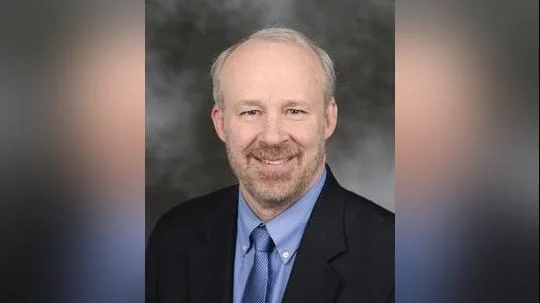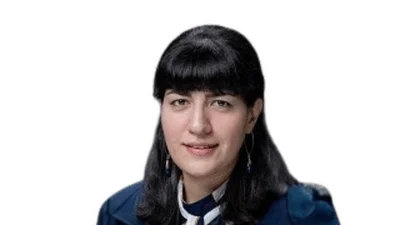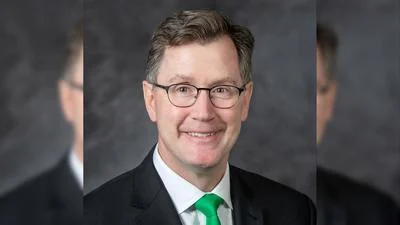Jeff Holm Vice Provost for Strategic Programming, Analytics, & Effectiveness | University of North Dakota
Jeff Holm Vice Provost for Strategic Programming, Analytics, & Effectiveness | University of North Dakota
Two professors from the University of North Dakota (UND) have been awarded grants by the National Science Foundation (NSF) for research crucial to national security. Markus Allgaier, an assistant professor of physics and astrophysics, and Ayush Asthana, an assistant professor of chemistry, each received $800,000. Their work focuses on quantum sensing and quantum computing.
The funding comes from the NSF's Expanding Capacity in Quantum Information Science and Engineering (Expand QISE) Program. According to Allgaier, this initiative aims to enhance the research capabilities of non-R1 or "doctoral universities" in this field. Grant recipients will collaborate with a leading research group serving as co-principal investigators.
Allgaier emphasized that Expand QISE promotes workforce development in underserved regions like the Great Plains. “You don’t need investments like this in big metropolitan areas with several R1 schools that have publicly traded quantum computing startups,” he said.
Asthana will be mentored by Edwin Barnes from Virginia Tech University, while Allgaier will work with Brian Smith from the University of Oregon. Asthana’s team includes one postdoctoral scholar, one graduate student, and one undergraduate; Allgaier will be assisted by two graduate students.
Although their research is conducted separately, it is complementary. “We are both trying to make use of new quantum technologies to advance science and engineering,” Asthana stated.
Allgaier's research aims at using quantum light features for secure communication networks. “What I mean by certified security is that you have a guarantee that the channel you establish is secure,” he explained.
Asthana noted that their methods could impact various fields such as physics, pharmaceuticals, and data science. The grant also allows investment in UND's infrastructure like the newly constructed Nanofoundry. “We will develop processes that we need to make these devices,” Allgaier added.



 Alerts Sign-up
Alerts Sign-up